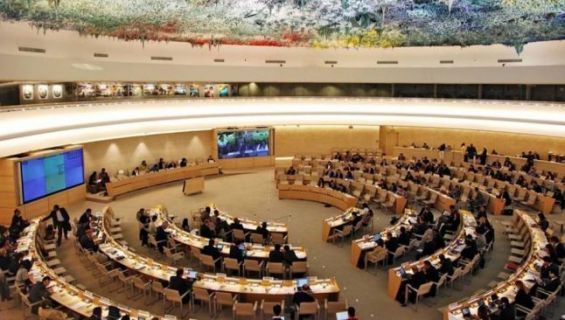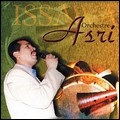On the 38th session of the UN Human Rights Council, held in Geneva from June the 18th to July the 6th, Algeria was meant to answer questions asked by international NGOs on human rights violations, and liberties.
The situation in the Tindouf camps was also at the heart of Algeria’s universal periodic review. The Action Center for Rural Development says that «it denounces the silence and atrocities in the Sahrawi refugee camps near Tindouf in Algeria. Most torturers have become senior officials in the Polisario administration», said the NGO.
On the other hand, the Dunenyo Association «referred to the alarming situation in the Tindouf camps and the importance of carrying out a census. Since 2011, the Security Council has insisted in its resolutions on Western Sahara to identify the population of the camps but in vain».
MINURSO
Speakers also criticized «the system in the Tindouf camps», reports TSA. Algeria was asked to put an end to the situation «to ensure the respect of human rights», adds the same source.
In Geneva, the Algerian delegation preferred to look elsewhere. In its response, it signaled that «the only peacekeeping mission that does not monitor human rights is the MINURSO (the United Nations Mission for the Organization of a Referendum in Western Sahara), because of the opposition of certain parties», referring to Morocco.
«It is not up to the Algerian judiciary to regulate what happens to refugees in the country. We must ask ourselves why these people find refuge in a third country», reports TSA.
Moroccans expelled from Algeria
The situation of Moroccans expelled from Algeria in 1975 was raised by one of the NGOs. Responding to questions, the Algerian delegation accused Morocco of «torpedoing the process by taking unilateral measures. However, the Algerian side is ready to continue making efforts regarding this topic».
Rabat and Algiers had created a framework to deal with this problem. Nevertheless, two parties haven’t met since 2003. Algerians have declined all invitations sent by Morocco to address the issue.




 chargement...
chargement...












